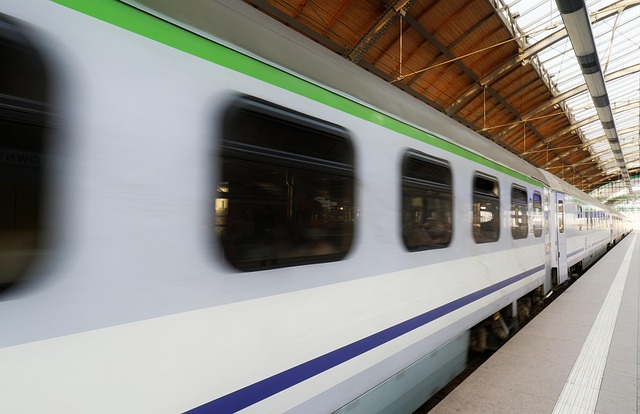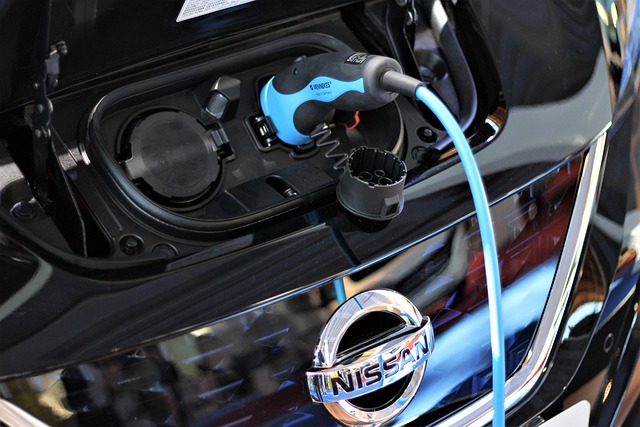In an era where environmental consciousness is more crucial than ever, the role of public transport in shaping sustainable development cannot be overstated. Public transport systems serve as the backbone of urban mobility, providing a viable alternative to the individual car culture that has dominated our cities for decades. By opting for public transit, we can collectively reduce our ecological footprint and work towards a greener future.
Sustainable development hinges on balancing economic growth and environmental protection. The integration of green technologies into public transport systems is pivotal in achieving this balance. From electric buses to solar-powered trains, these innovations help to minimize harmful emissions and promote carbon neutrality. For instance, cities adopting electric vehicles for public transport witness a significant reduction in air pollution, fostering healthier living conditions for residents.
Moreover, public transport encourages a shift in the urban landscape. Well-planned transit systems can lead to compact city designs, reducing the need for sprawling suburbs that demand extensive infrastructure and land use. This kind of development is not just better for the planet; it’s also more affordable for citizens. When individuals rely less on personal vehicles, they save on maintenance, fuel, and parking costs—all while contributing to a more sustainable community.
Another essential aspect of public transport’s role in fostering sustainable development is its ability to promote social equity. Accessible and affordable public transit enables individuals from all socioeconomic backgrounds to connect to jobs, education, and essential services. This inclusion further strengthens community ties and promotes a more interconnected society, which is fundamental to sustainable progress.
Public transport also plays a critical role in the reduction of carbon emissions. According to various studies, public transit can reduce passenger vehicle emissions by as much as 45%. By making public transport a preferable choice, we can diminish our reliance on fossil fuels and transition towards a carbon-neutral future. This shift not only addresses the pressing issue of climate change but also fosters economic resilience.




